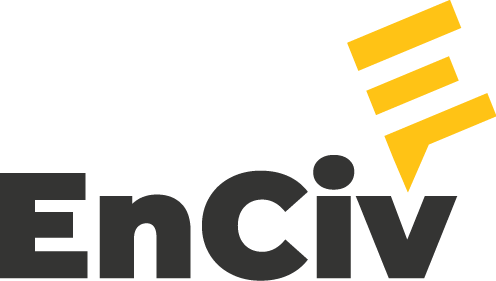The good news about polarization is twofold: fully 75% Americans seem to recognize it’s a problem of crisis proportions, while over 200 civic organizations have stepped up to counter it. The bad news about polarization is that it is still getting worse.

Why hasn’t the good news begun to counter the bad? How is possible that a growing sense of crisis and opportunities to address it haven’t begun to reverse the trend toward polarization?
There can be only only one explanation: the forces driving polarization remain stronger than those of civic groups to combat it. In numerous previous posts, we’ve analyzed the factors contributing to polarization.* But their strength is only half of the equation. The other half has to do with the weakness of civic organizations. They understand the problem. They are motivated by the best of intentions. They are growing in number. And they are appealing to a huge majority of Americans who believe polarization is a fundamental and growing threat. Despite all of this, their cumulative effect has been decidedly underwhelming.
Our mission is to change that by creating a different kind of civic platform than any yet in existence. We know the platform must be more welcoming than current alternatives. We know it will function better and have a bigger impact if can meet as many citizens’ needs as possible. Perhaps most importantly of all, we know it must be easy—and enjoyable–to use.
Only such a platform is likely to succeed where so many other efforts have failed. Only such a platform can have a real, tangible, effect on polarization–and citizenship more broadly. Building that platform, and a network of vibrant and capable civic organizations to support it and benefit from it, is what EnCiv is all about. We welcome your input and support.
* To find previous posts documenting polarization and analyzing its causes, just enter “polarization” in the search box at the top right of our home page.

